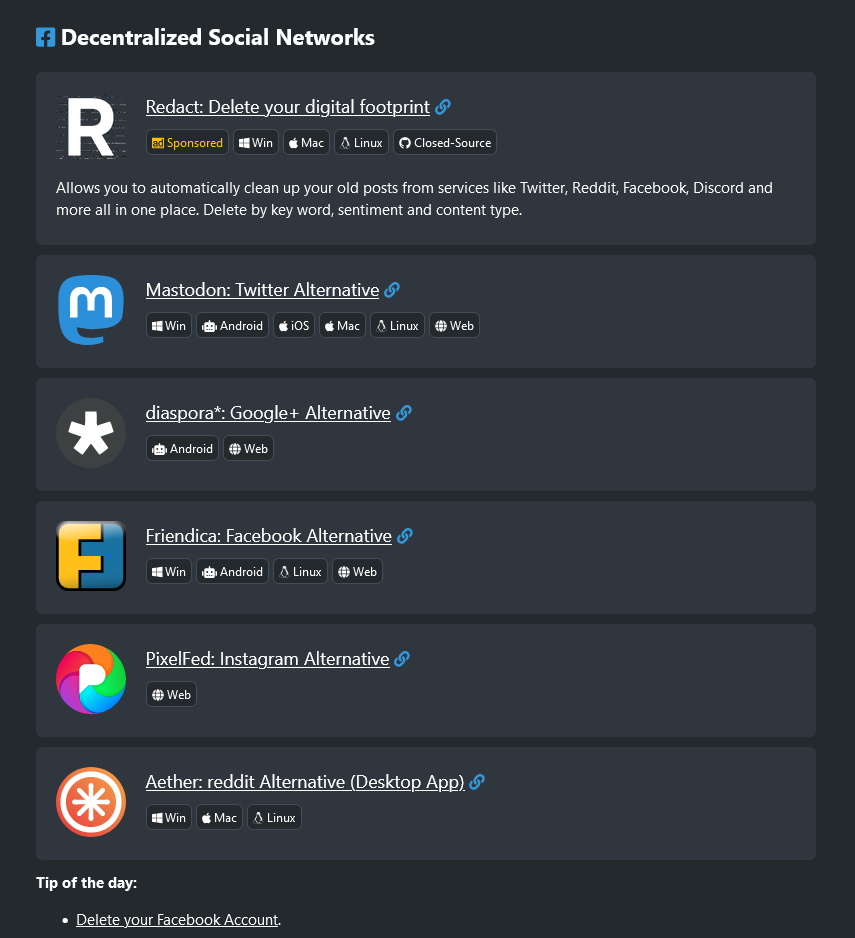
Once it is out on the Internet, it's impossible to take it back or erase for good
So once you have the basics of how the Internet can work with you to keep you safe, it is vital that you determine what information you are putting out there, where it is going, and who is able to view it. Everyone has seen the posts on Facebook where someone uploads screenshots of a text message that was clearly meant to be personal but somehow got leaked – likely from another party with malicious intent. It sucks to be that person getting exposed! So we must be careful with the information we are sharing and how it can be used against us. The general saying is that once it is out on the Internet, it is impossible to take it back or erase for good. One should always assume that something, or someone, somewhere, is archiving that information for later use or reference.
To start, take a look at common websites like Facebook, Instagram, Twitter and what privacy options they provide. Take Twitter for example. You can either protect all your tweets, or have your entire profile open to the public. This is the same with Instagram where your account is either entirely private or entirely public. Unless you are very selective with what you are posting, I would recommend having these privacy features enabled on both. The exception to this would be if you were very avid in the online world, famous, or running a business where the publicity from you posting is going to drive customers. For average people just posting about their personal lives, keep it locked down for security. It protects you from random onlookers and also from someone who may be trying to steal your identity.
See: Decentralized Social Networks on PrivacyTools.io
Facebook is a much larger mode of social media and encompasses a greater aspect of your identity so it is of course going to be more complex. But ideally, you only want the public to be able to see information about you that isn’t personally identifying or revealing. An example of this would be your date of birth. People outside of a small circle of family and friends don’t need to know that. Especially the people you meet on Facebook. This is why Facebook provides a bunch of different options on who you share information with. I generally only use the 3 common ones: Public, Friends, and Only Me. Things like my date of birth, email address, phone number, and sexuality are all kept to Only Me because they are things I don’t want anyone else knowing unless I specifically hand it out to them. The majority of my other information is kept at the Friends level and only miniscule information is actually viewable by the public.
If you are one of the people who are relying on privacy, security, and anonymity to keep you safe, you should consider not using social media like this or being incredibly restrictive on what you are posting. All of these websites log your information and may even store it even after you delete it. Using dis or false information in these cases will benefit you. If you are very keen on using something like Twitter, maybe consider not using your real name and personal email upon registration. You must also take in consideration that these websites may not be keeping the information for just themselves to look at. We would be foolish to think they aren’t selling our information out to third parties or handing it over to Governments when they ask.

